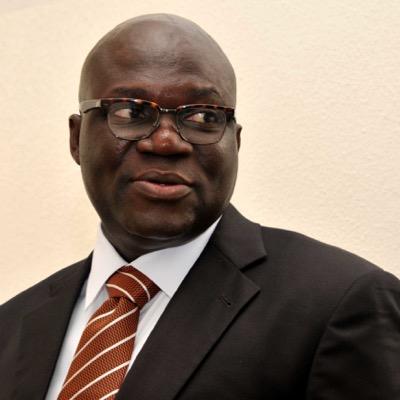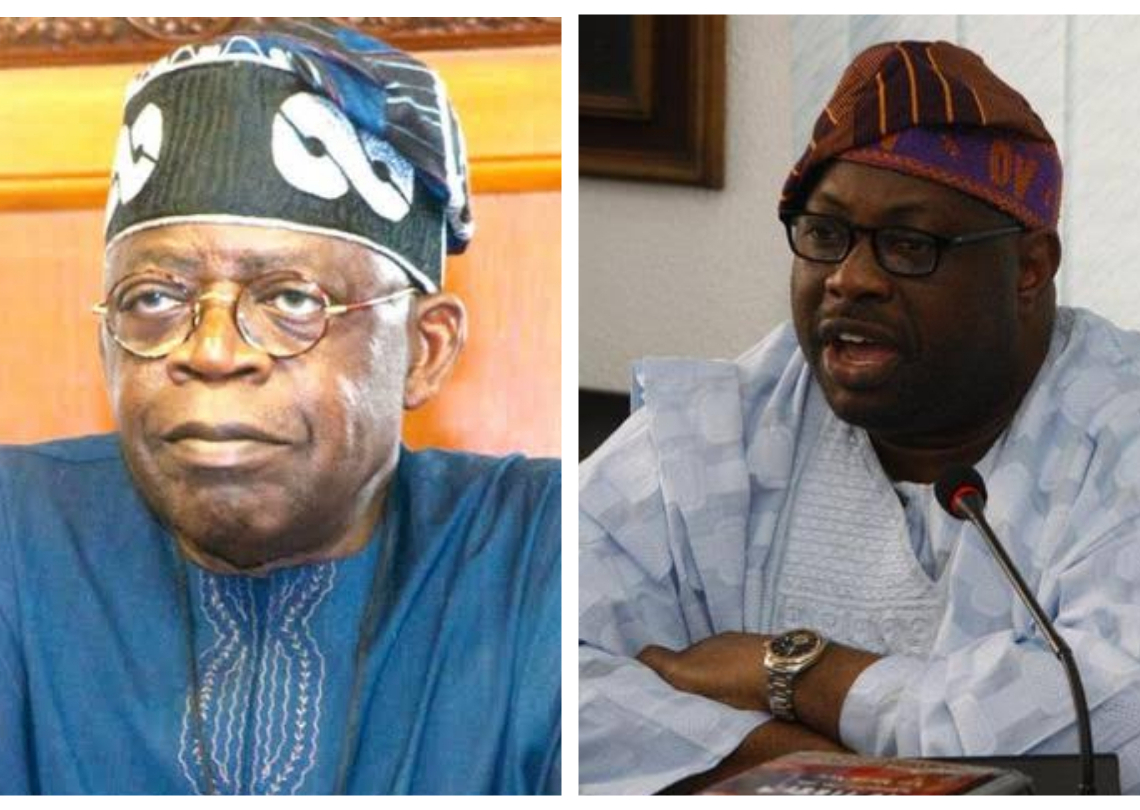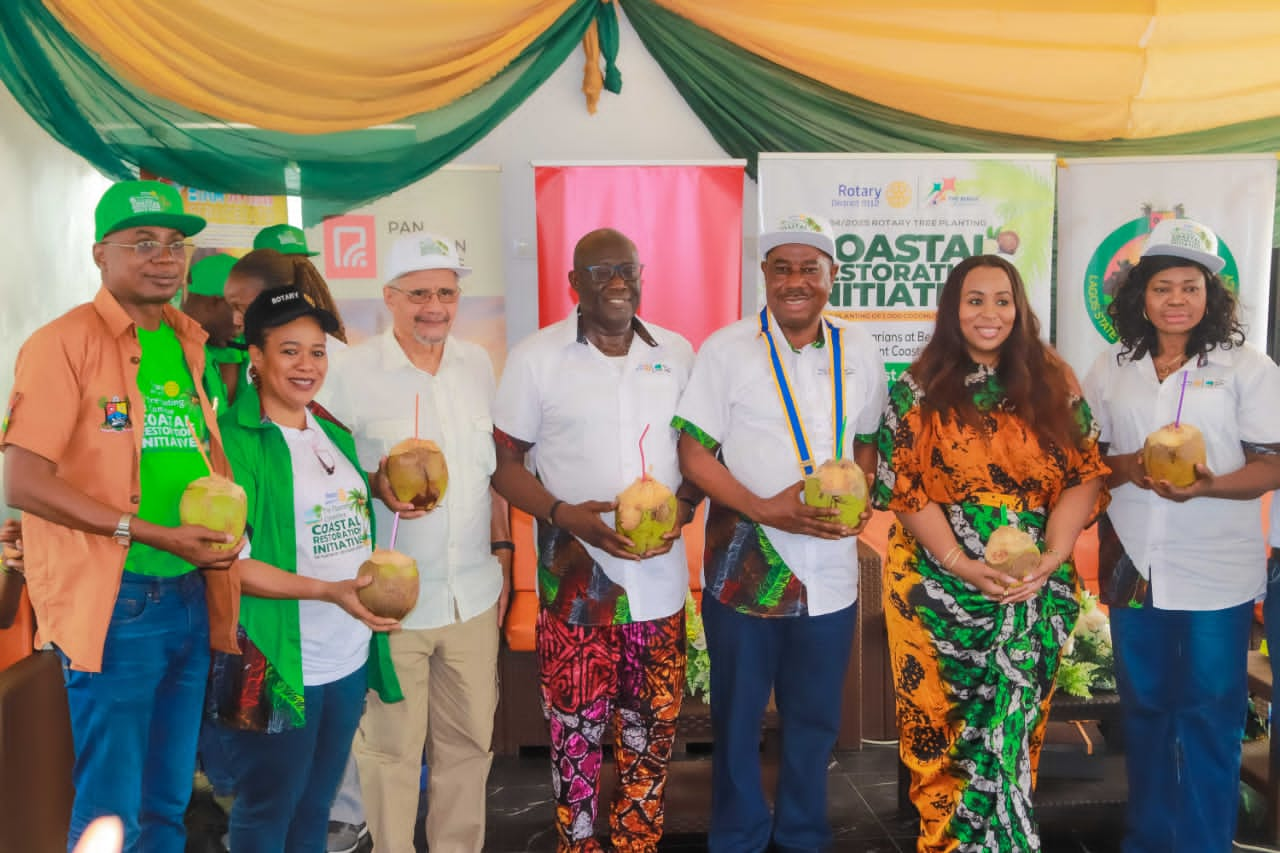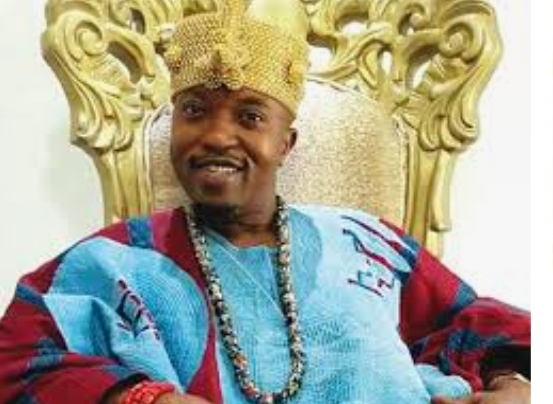Threats to Nigeria’s 2023 Elections
BY Reuben Abati
From today, we have just about 47 days to Nigeria’s general elections, a major transition that would involve a change of government, the seventh since the return to civilian rule in 1999, but the biggest fear is that the current electoral process faces threats from different directions more than any other before it. I intend to identify some of these and reflect on them, as we all begin to count down to this year’s major elections. Yesterday in Ojota, Lagos, it was reported that there was a shoot out between members of the Oodua Progressives Congress (OPC), and the Oodua self-determination activists and Nigeria’s security agencies. Persons were killed, others were injured. By 9 am, concerned citizens had declared the Ojota area of Lagos a no-go area except you would willingly take a stray bullet in your head and die just like that. In Anambra State, unidentified gunmen burnt down a police station in Umuchu community in Aguata Local Government Area.
The same station was destroyed by #EndSARS protesters in 2020 during a mass protest. The Umuchu Improvement Union decided to rebuild it, only for it to be set ablaze again. In parts of the East and elsewhere, both police stations and the offices of the electoral umpire have been special targets of evil-minded arsonists and unknown gunmen, ahead of the elections. As of December 2022, we were told that over 50 INEC offices had been attacked in four years, across 15 states. Of these, 11 incidents in Imo state alone, seven in Osun, five in Akwa Ibom, five in Enugu and Ebonyi, four in Abia and Cross River, two in Anambra, Taraba, Borno, and one in Ogun, Lagos, Bayelsa, Ondo and Kaduna. The frequency of these attacks has since increased as the elections draw nearer, causing understandable panic and concern among right-thinking members of the Nigerian community. The truth is that INEC facilities and security stations have become targets of arson and vandalism.
The attacks point to a trend: the determination to destroy INEC infrastructure, incapacitate the institution, and derail the 2023 electoral process. The details are as follows: yet uncollected Permanent Voters’ Cards (PVCs) have been stolen, generating sets and computers are destroyed and the assailants across the country disappear into thin air. There is no record of arrests having been made. When INEC offices are not attacked, there are other attacks that point to what is beginning to look like a deliberate attempt by some hoodlums to make sure the 2023 elections do not take place. On March 28, 2022 for example, a Kaduna bound train from Abuja was attacked and bombed and passengers were injured and abducted. More than 100 of the abducted passengers did not all regain their freedom until September 2022. The families who lost their loved ones, or paid ransoms, and those whose relatives were injured, humiliated and flogged, would never forget their pain and loss. Their only crime, at the risk of sounding repetitive is that they are Nigerians living in a country of strange occurrences where life has become “nasty, short and brutish”.
On Saturday, just a few days ago, the railway station at Igueben in Edo State was attacked. This time, it was the station, not the train. Over 30 persons were abducted including the manager of the train station. This is all made more worrisome because before the re-opening of the Abuja-Kaduna rail line on December 15, 2022, the Minister of Transportation had boasted that special measures had been taken to ensure the safety of passengers and the entire Nigerian railway value chain. The Minister has since visited Igueben and he simply repeated the same tosh without even thinking about how additional security measures would eb taken. What we see is that government officials do not learn from what happens to the people. They repeat the same embarrassing script in an odious advertisement of their lack of capacity. So much money and commitments have been invested by Nigeria in the country’s rail network, but the management is atrocious because it is in the hands of incompetents who on top of it all, have not learnt the lesson of keeping quiet when you have nothing intelligent or reasonable to say. In some other countries, where merit is more important than connections, the Minister of Transportation and the Managing Director of the Nigeria Railway Corporation (NRC) would be out of job by now.
But the bigger picture, the big elephant in the room, is that this is election season and it seems that some fifth columnists are determined to truncate the process, derail it, make it impossible, as it were for Nigerians to have credible elections. This may sound hypothetical, but from the evidence of current trends, it is possible to do a threat assessment and conclude accordingly. We face a very high level of security threat as we get closer to the 2023 elections, and it is one reason why the security agencies must arouse from their slumber and stop playing possum when the house is threatened by arsonists. President Muhammadu Buhari had given, before now, the security agencies a deadline of December 2022 to make sure that they “got on top of the security situation” in the country. The various service chiefs pledged that they would do their job. The joke is now on them. Where are they? Are they hiding in some secret cupboards somewhere? There is widespread insecurity in the land. The people have played their part by seeking to register and collect their Permanent Voter’s Cards: 93. 5 million registered voters and over 48 million young people who want to use the 2023 opportunity to have a say in how they are governed. Who is afraid of the people’s voice and power? Buhari wants to leave a strong legacy. The starting point, and the obvious redemptive choice is to leave behind a free and fair election that produces the best options for Nigeria. This week, the President would begin to show up as we have been told at rallies of his party in 10 states (why 10?),,for the APC’s Presidential candidate Asiwaju Bola Ahmed Tinubu. The last time President Buhari was sighted at any APC rally was during the flag off of the campaign in Jos, Plateau State. But now, he wants to come out to throw his weight and influence behind his party’s Presidential candidate. In doing so, at this crunch time, he must be reminded that he had told us again and again that he is for everybody and for nobody and all he wants is for Nigerians to vote according to their conscience. He has an obligation to toe that chosen path even as he relishes photo opportunities at campaign rallies by his own party, otherwise he would be accused of hypocrisy. His party members expect him to deliver single-handedly, over 12 million votes from the North. But the times have changed. Out of the total of 93. 5 registered voters, over 48 million of them are young men and women, and they are majorly in the South, espousing a combination of #EndSARS, #IPOB and #TakeOurCountry Back ideals. There is a new generation in the electoral space that does not know the older generation. This is bound to be an election like no other. It would be a contest between the old and new order, the rich and the poor, the establishment and the people. Whoever wins, Nigeria stands the strong chance of new realignments and awakening. The best bet for President Buhari as he goes into final retirement from public service and partisan politics is to protect his legacy for Nigerians, and take ownership of his own narrative. He is not getting the help that he badly needs!
The 2023 election process is further threatened by the inability of the people, especially young men and women who dominate the electoral register to get their PVCs. In Lagos state or elsewhere, the story has been that either the INEC officials do not show up, or they arrive late and close early, provoking the anger of majorly young voters who believe that there is an attempt to disenfranchise them. INEC spokespersons continue to argue that they are prepared and ready, but what explains the inefficiency in INEC collection centres from Local Government Areas to the wards, and the fact that INEC ad-hoc staff are mostly unavailable at their duty desks. There has been a clamour for the extension of the INEC time-table for the collection of PVCs beyond January 22, 2023. INEC must also audit its own processes beyond merely making promises it cannot keep. The people have been told that the only way they can vote and for their votes to count is for them to have a voter’s card. One man, one vote. INEC must in addition to everything else explain why its Voter’s Cards are showing up in refuse dumps and drainage channels. How did they get there? The PVCs must be in the hands of Nigerian voters who expect to use them to exercise their due rights under the law. This is not something that INEC must sweep under the carpet. The organization has announced that beginning from today, it would embark on the enlightenment of the electorate across the country. It is not just the voters that need enlightenment, the process must begin with INEC officials and ad hoc staff.
The politicians also must be called to order. The beauty of the Electoral Act 2022 is that it spells out in no uncertain terms, the penalty for misconduct. Sections 91, 92 93, 94, 95, 96, 97, guide conduct during elections accordingly, with penalties properly spelt out in Sections 92 (7), (8), 93(2), 94(2), 95 (6), 96(3) and 97 (1) but nonetheless, the level of impunity has been horrendous. Candidates go to campaign rallies and the major thing they do is to abuse their own opponents with a barrage of hate speech, toxic language and argumentum ad hominem. In some states where certain parties are in charge politically, they do not allow the opposition to campaign or erect campaign materials. There has been in fact a rank disregard for Section 97 of the Electoral Act which forbids any form of campaign on “religious, tribal or sectional reason for the purpose of promoting or opposing a particular political party or the election of a particular candidate…” Meanwhile, it has been reported that a special prayer session was organized by Muslim clerics in Kano recently in support of the APC Presidential candidate, Bola Ahmed Tinubu. At the event, one Abdulmutalab Mohammed Auwal, a Sheik, advised Muslims to vote only for a Muslim-Muslim ticket as a call to Jihad. He argued the Bola Tinubu/Shettima Muslim/Muslim ticket is an indication of the supremacy of Islam. The meeting was attended by about 75 Muslim groups from the North and other parts of Nigeria. Other speakers at the event promoted the politics of religion. The last time we checked, the 1999 Constitution of Nigeria at Section 10 thereof says: “The Government of the Federation or of a state shall not adopt any religion as State Religion”. It is the same provision that is reflected in Section 97 of the Electoral Act 2022 on the prohibition of “campaign based on religion or tribe”. But here in Nigeria both the people and the government break the laws routinely because impunity reigns. How on earth can a total of 75 groups gather at a forum and preach hatred based on religion and they are allowed to get away with it?
So in essence, the security agencies are not doing their work! They have an obligation to protect the state against all levels of threat, and they must do so, proactively, and consistently, not when it is convenient for them to do so. A general election such as this country is about to hold in the next two months is not just about the ballot paper, and the people’s ability to choose, it is also a national security operation. It is the integrity of the Nigerian state that is at stake. The electoral framework is clear on that. The people’s right to vote and choose, freely and without inducement or any form of harassment or molestation, must be protected and defended. Election managers often talk about a certain concentric circle of security operations on election day, but clearly, the security dimension of any major national security event is not a day-event, it is a process: before, during and after. Not enough has been done before the elections as indicated by the multiple security breaches around the country. The challenges ahead are clear and obvious. The politicians are behaving as if the election this year is a kind of war. The last thing this country wants is any form of war. Nigerians want peace. The 2023 Budget as defined has a deficit of N77 trillion. Unemployment rate is over 33%. There is a debt overhang of over N22 trillion. Revenue projection is about N10 trillion. There is the possibility that fuel subsidy and other subsidies will be removed but there is no guarantee that the gains accruing therefrom will be properly managed. Tighten your seat belts. This is bound to be a tough year for us, as Nigerians. The politicians will win or lose, but they don’t seem to care enough about us. This is our sad reality.


 News6 years ago
News6 years ago
 Featured6 years ago
Featured6 years ago
 Boss Picks6 years ago
Boss Picks6 years ago
 Headline6 years ago
Headline6 years ago
 Headline6 years ago
Headline6 years ago
 Headline6 years ago
Headline6 years ago
 Headline6 years ago
Headline6 years ago
 Headline6 years ago
Headline6 years ago













